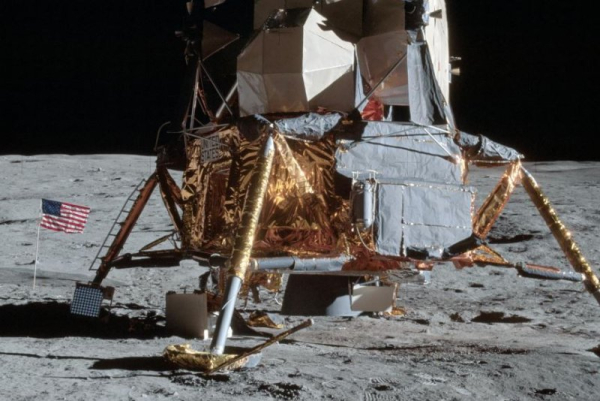
Seattle-based space resources company Interlune will open a facility in Texas to create and test artificial lunar soil near NASA's Johnson Space Center in Houston.
The artificial soil will serve as a basis for designing and testing technologies aimed at developing the lunar surface, preparing for missions to Mars and other space programs.
The $4.84 million in funding from the Texas Space Commission, along with Interlune's investment, will enable the company to build a facility to produce regolith simulants, a substance that mimics lunar soil.
“Lunar regolith is fundamentally different from terrestrial rocks,” said Interlune CEO Rob Meyerson.
“High-precision testing on Earth is critically important for our company and for everyone involved in lunar exploration,” he said.
“Collaborating with the Texas Space Commission to create high-fidelity lunar soil simulators will strengthen U.S. leadership in space innovation,” Meyerson added.
Interlune's chief scientific officer, Elizabeth Frank, will lead the center's work with support from Texas researchers.
The team will develop and produce various types of artificial regolith in the required quantities for testing lunar rovers, landing vehicles and other equipment as part of R&D.
The site will also feature special test zones that replicate lunar conditions, which will make it easier to develop methods for extracting resources in space, including obtaining helium-3 from lunar soil.
Access to the simulators will be given to private companies, government agencies and research centers.
“For the first time in history, mining the moon has become technically feasible and economically viable,” Meyerson said in an online statement.
“Now the era of lunar exploration begins, which will lay the foundations of the space economy of the future for the benefit of humanity,” he concluded.
Sourse: www.upi.com





